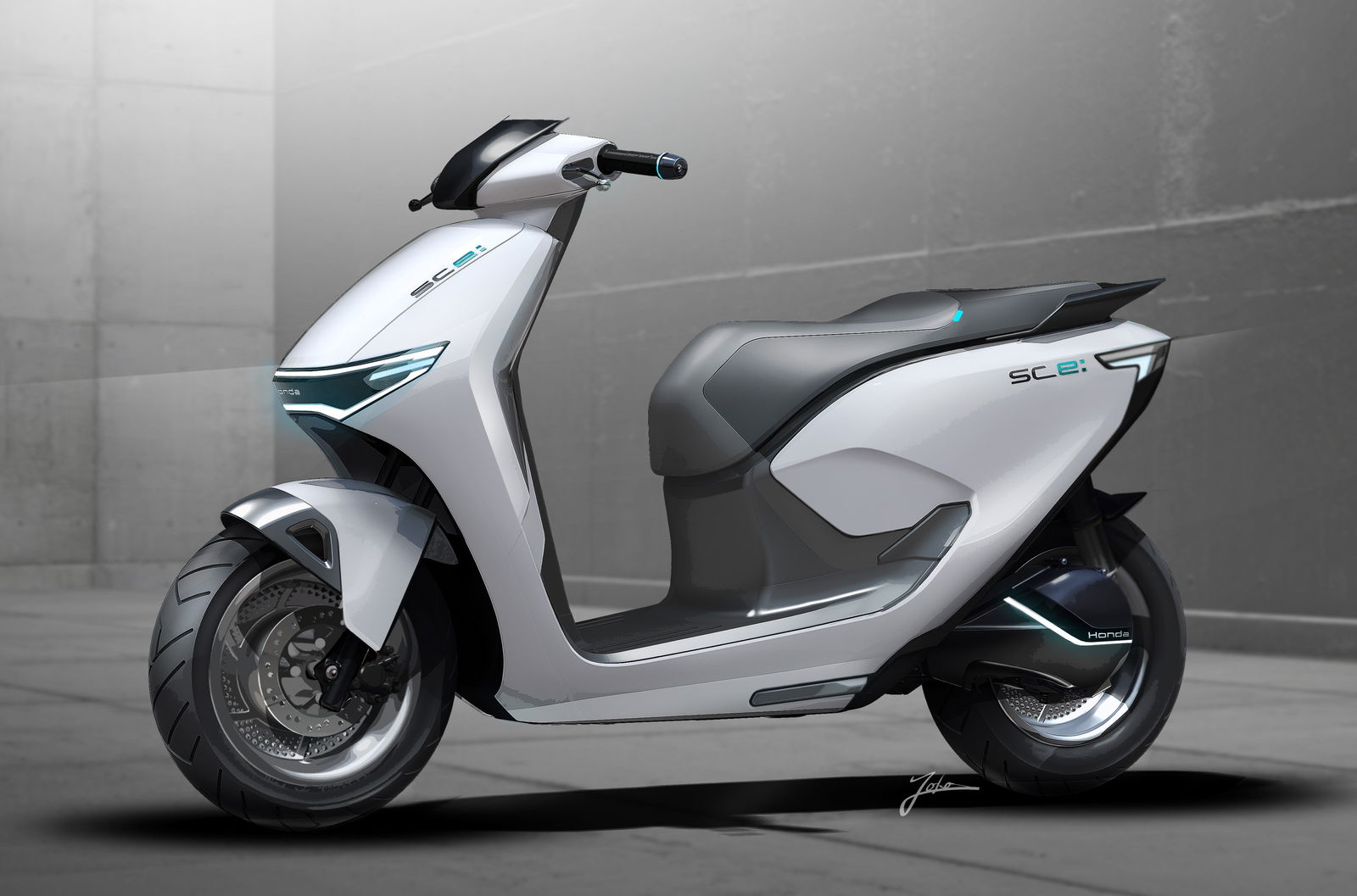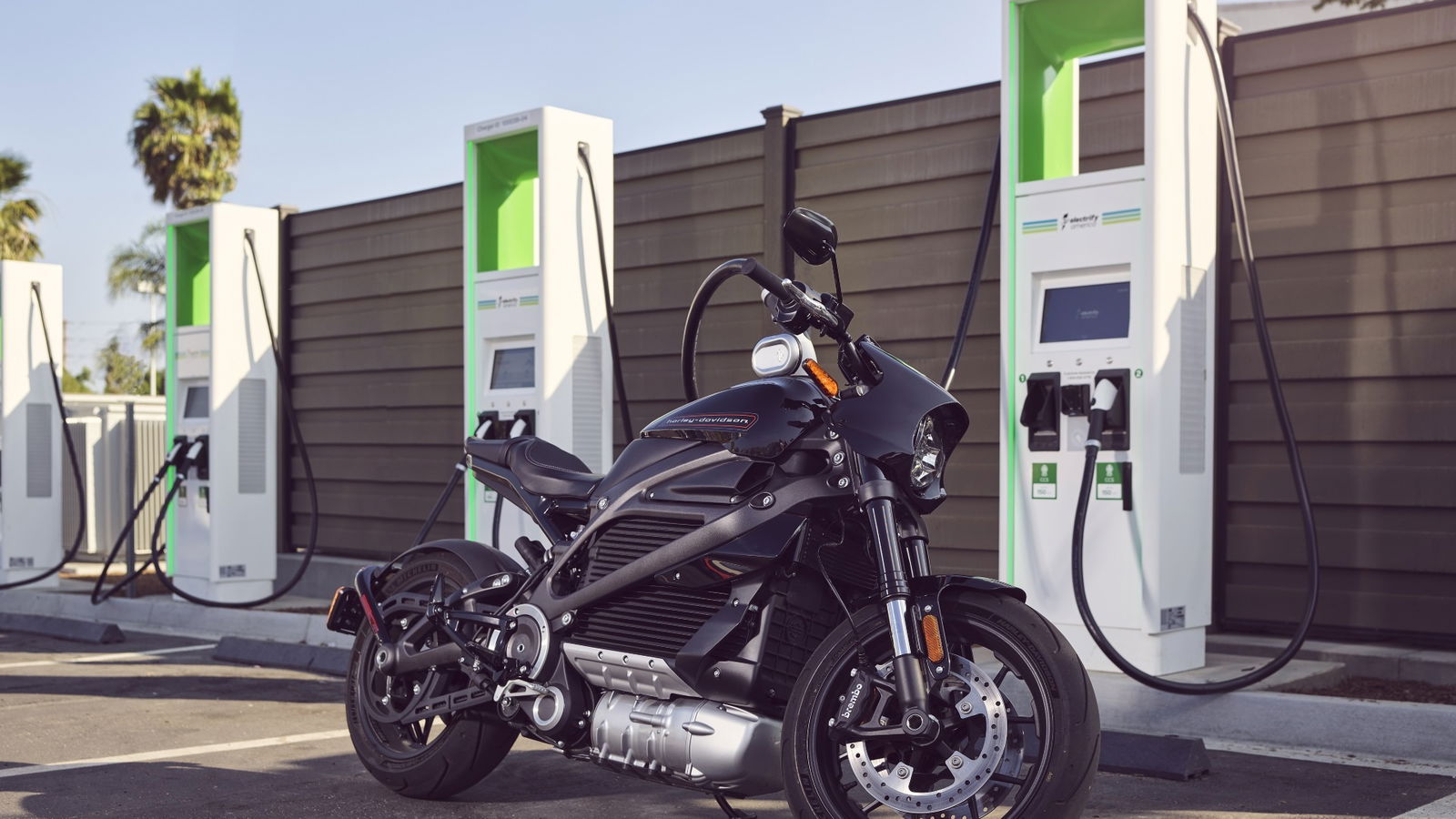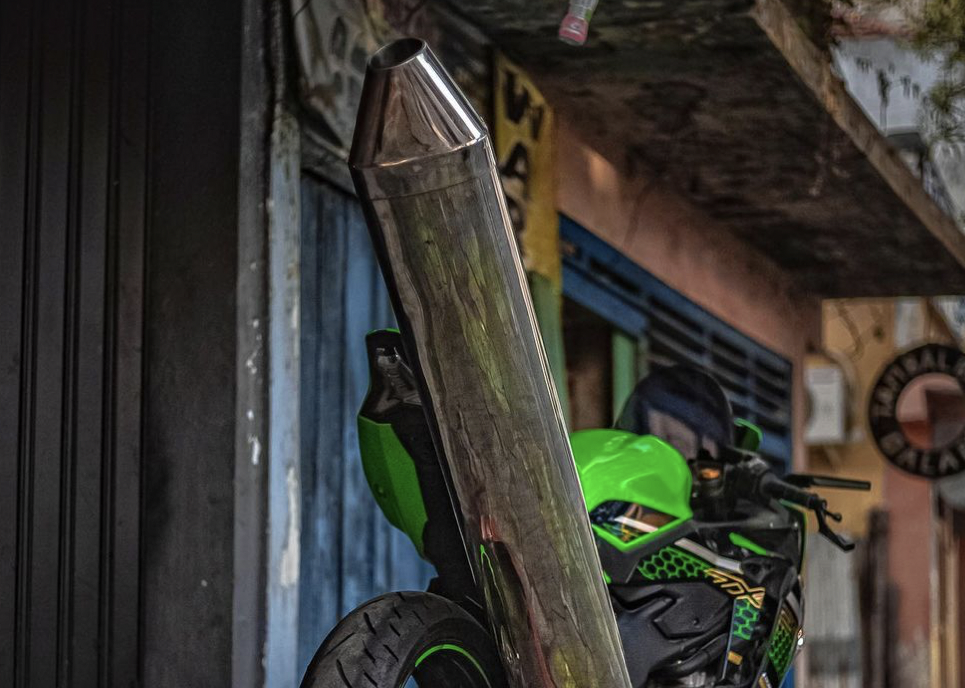Honda goes BIG with $3 billion investment in electric
The Japanese giant Honda is pouring $3.4 billion into the electrification of its two-wheeled business, with 30 new electric motorcycles set to launch by 2030

The Honda press conference this morning revealed that the Japanese automotive manufacturer is looking to the long-term, with a huge investment in its electric motorcycle range.
The move will see not just a whopping $3.4 billion used to help develop and produce its electric bike, but Honda is also planning on releasing 30 new models out into the wild by 2030, with 10 battery-powered motorcycles promised by 2025 alone. The spread of these bikes is not going to be global, with Honda sensibly concentrating on those continents that have already built up strong electric bike markets.
This means that more than likely, a significant proportion of the bikes, particularly the smaller lightweight motorcycles and scooters, will be headed for nations like Taiwan. Such countries are leading the way in the light electric motorcycle sector, and year-on-year growth has been boosted by rental schemes that eventually lead to personal ownership.
Looking at the not-so-distant future, the exact details of the bikes incoming aren’t yet known, although one slide shown during the live stream (lead image) did show 11 outlines of bikes due to arrive between now and 2025. Of those 11 only three were motorcycles. One, shown bottom right looks like a large maxi scooter, possibly an electric take on the Honda X-ADV. Next to that are two street bikes, one which looks a bit like a cruiser and the other a more traditional-looking naked. Rounding out the bottom row is what seems to be a dirt bike, which makes sense seeing as Honda has already made its CR-E electric motorcycle public.

The rest of them are scooters, of varying sizes and shapes. Given the appetite for electric scooters globally, these are likely to be of significant importance to the Japanese brand.
It’s not all electric though, and while a majority of livestream was devoted to battery power, there is still a place for the internal combustion engine within the Honda range. One aspect of this will be Honda’s push to create more flexible engines, meaning ones that can run on fuel with greater amounts of ethanol added to it. The firm is also looking at E100 ethanol-burning motors, something that should (if common sense prevails) appease all sides, be they environmentalists, automotive manufacturers and consumers.








